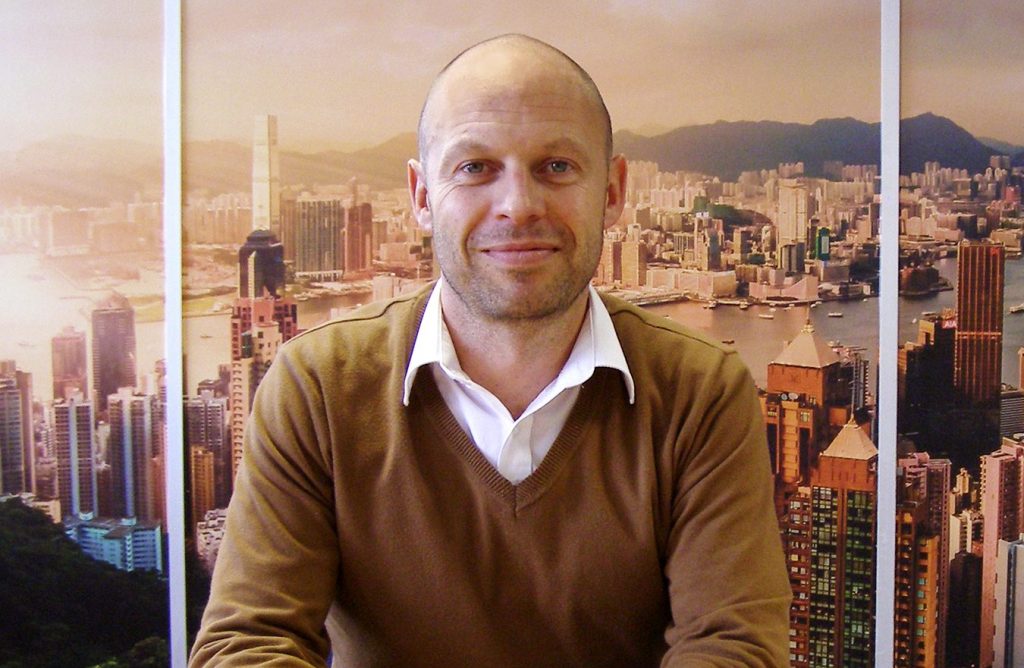Here at Training Qualifications UK, we’re passionate about learning and development. After all, we’re an Awarding and End-Point Assessment Organisation so it’s pretty much our job. But it’s not just what we do, it’s who we are and showing a willingness to learn is one of the core behaviours we expect of our staff every day.
As it’s Learning at Work week, we sat down with our Managing Director, Andrew Walker, to find out why it’s important for him that TQUK has a learning culture and how it can have a beneficial impact on our staff and everyone we work with.
TQUK is dedicated to helping people learn the knowledge and skills they need to develop a career. What inspired you to form the company and work within the skills sector?
Firstly, learning and development has always been something I’ve been passionate about – from being at school to leaving school and going straight into a YTS back in 1997. I didn’t go down the traditional college and university route. I followed a vocational path into employment, and I felt it gave me a really solid foundation to become a leader and then the Managing Director that I am now.
When the chance arose to head up TQUK, I could see that there was a gap in the market to provide people like sixteen-year-old me with new opportunities through learning, qualifications and, latterly, End-Point Assessment. It’s why we get up and do what we do. It’s all about giving people opportunities to learn, develop and have great careers. Our work helps communities, helps social mobility, helps a lot of people in a lot of different places progress and move forwards, and I couldn’t be prouder to be in the position I am.
Why do you think the skills sector, Awarding Bodies and EPAOs are so important as the country, and the world, moves past COVID?
The pandemic has left a trail of destruction in a lot of industries and the skills sector has a responsibility to help people retrain and develop new skills which they can transfer into employment and new job roles. As we move forwards, there’s going to be a sharp focus on this sector to really step up and play its part in the recovery. It’ll be a challenge, but we’re more than up for it!
One of the core behaviours TQUK expects of its staff is to show a willingness to learn. Why do you think it’s so important for staff of a high performing company to always strive to learn?
I spend a lot of time reading and researching. I’m really intrigued by the behaviours of organisations and what separates a good organisation from a great one. What I’ve found is that it’s the core behaviors they’ve built within their culture that makes the difference, and so often learning is one of those behaviours.
It’s really important that everyone has that willingness to learn here at TQUK, and it needs to be backed with humbleness. We’re not perfect, we’re not the finished article, we’re not on a definitive path to an end point. We’re always evolving and we’ve always got to demonstrate that willingness to get better and improve.
I think that comes from self-learning. People have to take responsibility themselves because someone who invests their own time in improvement will improve the team, which will then improve the organization. The end result is that our customers, learners, Apprentices and stakeholders get an even better experience when interacting with us, therefore creating more opportunities for people to develop and get the leg up they might need.
Is there anyone, like a role model, who you look up to or that you think promotes a strong dedication to willingness to learn?
There are high profile people like Sir Alex Ferguson. He brought sports science and behavioural experts into Manchester United and that led to the club reinventing itself and getting better and better and better. It’s important that we have those role models who we can look up to, but I think real willingness to learn must come from within. You have to be your own role model, set your standards, identify your goals and dedicate yourself to achieving them. The best teams and the best organisations have individuals who are committed in that way.
How do you promote the importance of learning within the company?
It’s the language we speak, day in, day out, but we don’t just talk the talk, we walk the walk. We dedicate time and resource to ensure that – from the minute people join the organisation to (if and when) the day they leave – the lifecycle of learning has been fulfilled.
What’s one piece of advice you’d offer to people when it comes to learning?
Commit to it. If you’re going to do it, do it. Simple as that.


















